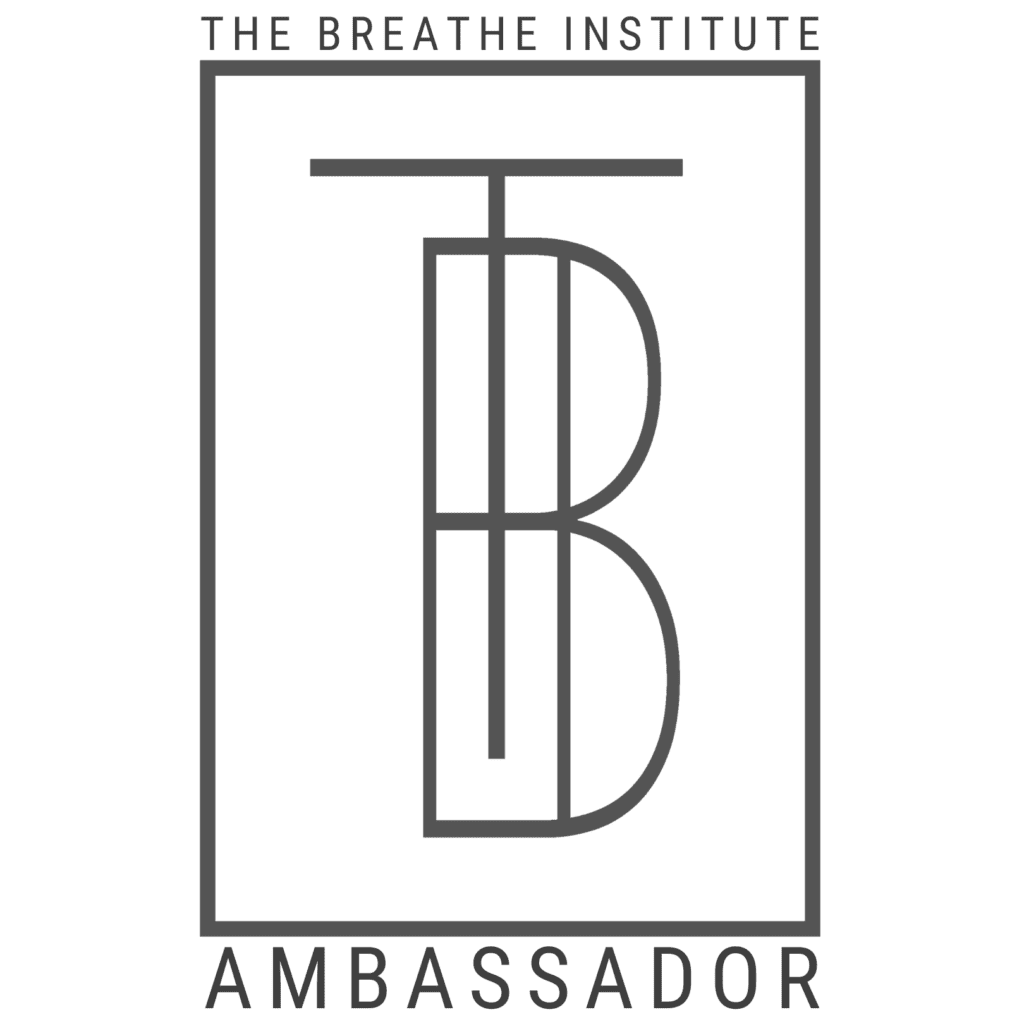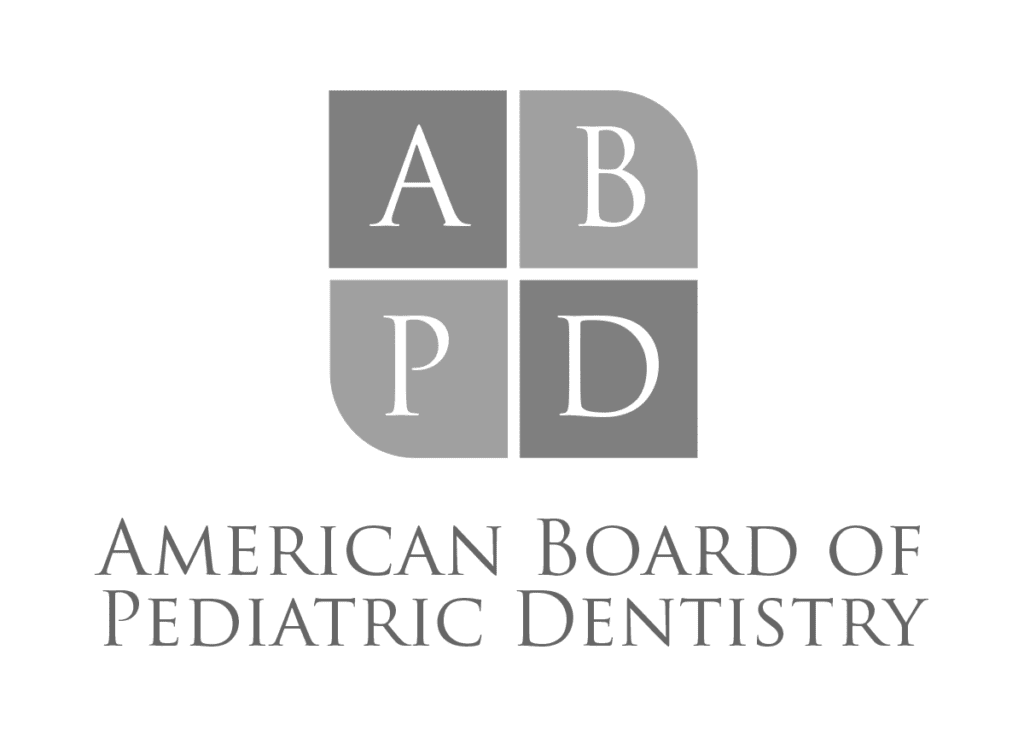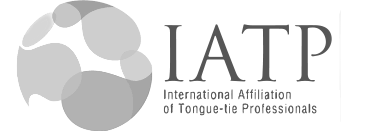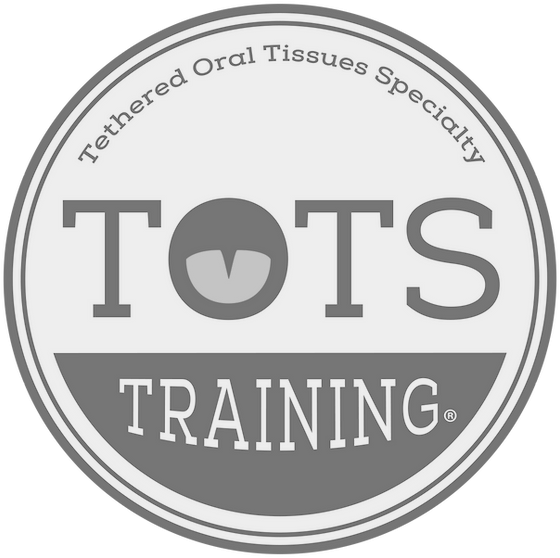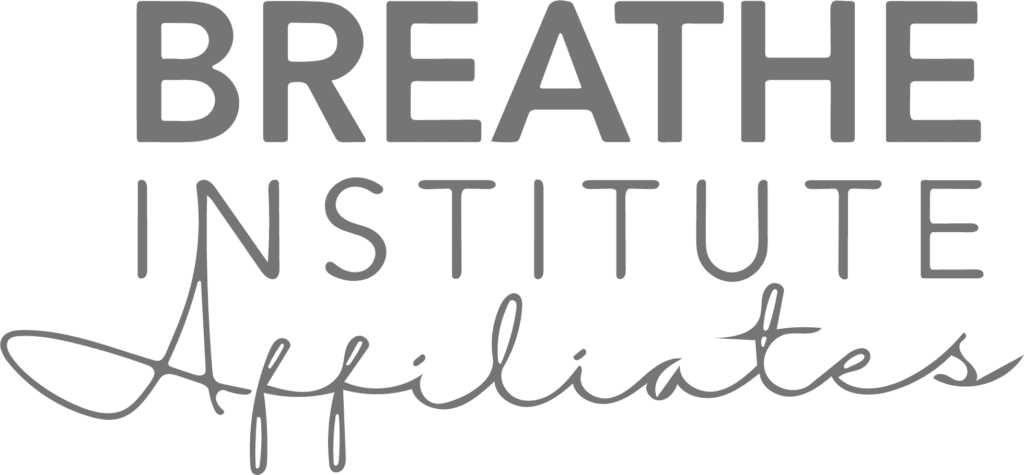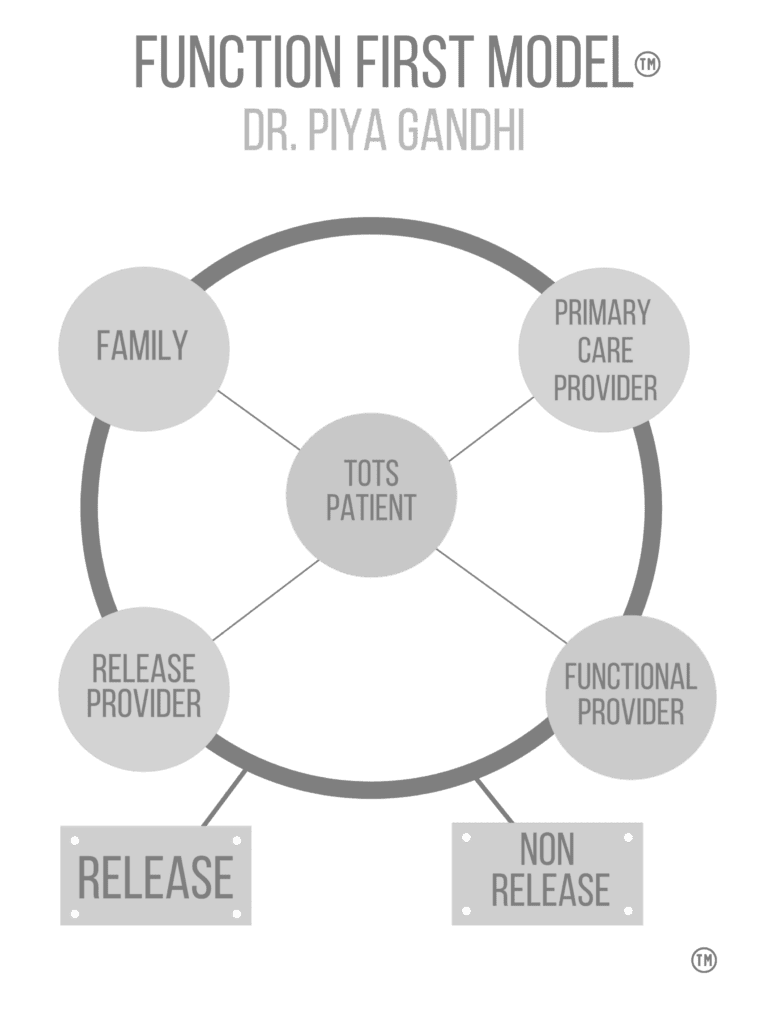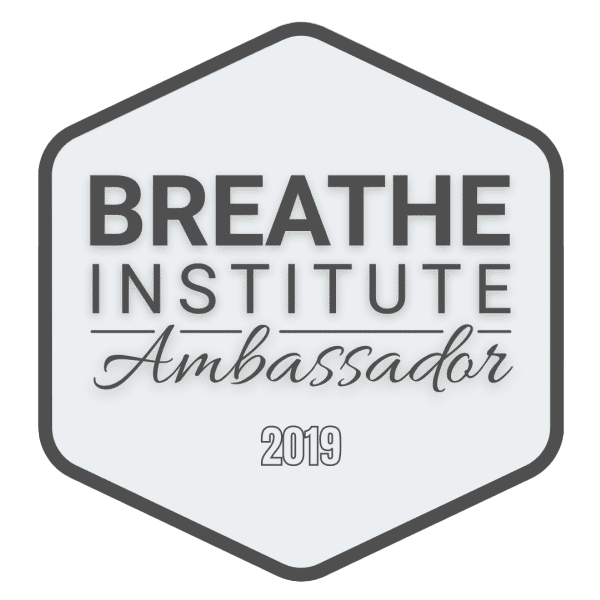The way the mouth, teeth and jaw develops play a major role in how our children eat, sleep and breathe. It is important that from a young age we are promoting proper growth of these areas to ensure that our children can thrive. Here are some tips we recommend to start at an early age:
Feeding:
Infancy: Breast is best; but, if bottle feeding is what works for your family we recommend using Lansinoh pigeon bottle since it closely mimics the breast. Breastfeeding helps to develop the tongue, jaw and mouth muscles at an early age.
Introducing Solids: Since pureed food does not require any “chewing”, they do not help develop your child’s jaws. This is why we recommend going straight to table foods using a technique called baby led weaning. Here is a link to get you started: Baby Led Weaning – The Mush Stops Here!
Cups: open cups can be introduced as early as 6 months of age. If you are looking for a “no spill” option, consider short, flexible straw cups. We recommend weaning from a bottle by 1 year of age and avoiding the use of “sippy” cups.
Sleep:
Getting your child into a good sleep routine early will help promote brain development, boost their immune system, and help you stay sane as a parent! If you are co-sleeping, consider having your child on a bed next to you, rather than in your own bed so you can both get a good night of sleep.
All children should be silent, still sleepers. An easy way to observe this to use a video monitor to observe your child sleeping, or record them while they are sleeping for 2-3 minutes. If you notice that your child is moving around a lot or making noise while sleeping, than this may be an indicator that their sleep is sub-optimal. This can be caused by several factors that can be addressed by Dr. Gandhi or another specialist on her team.
Breathing:
Nasal breathing is optimal from day 1. Nasal breathing allows 16-20% more oxygen to reach your brain. Air is also filtered through your nose, which benefits your body by decreasing allergens. Encourage your child to nasally breath from the get-go by gently closing the mouth when you see if open. If your child seems to be a chronic “mouth breather” please discuss their symptoms with Dr. Gandhi.






